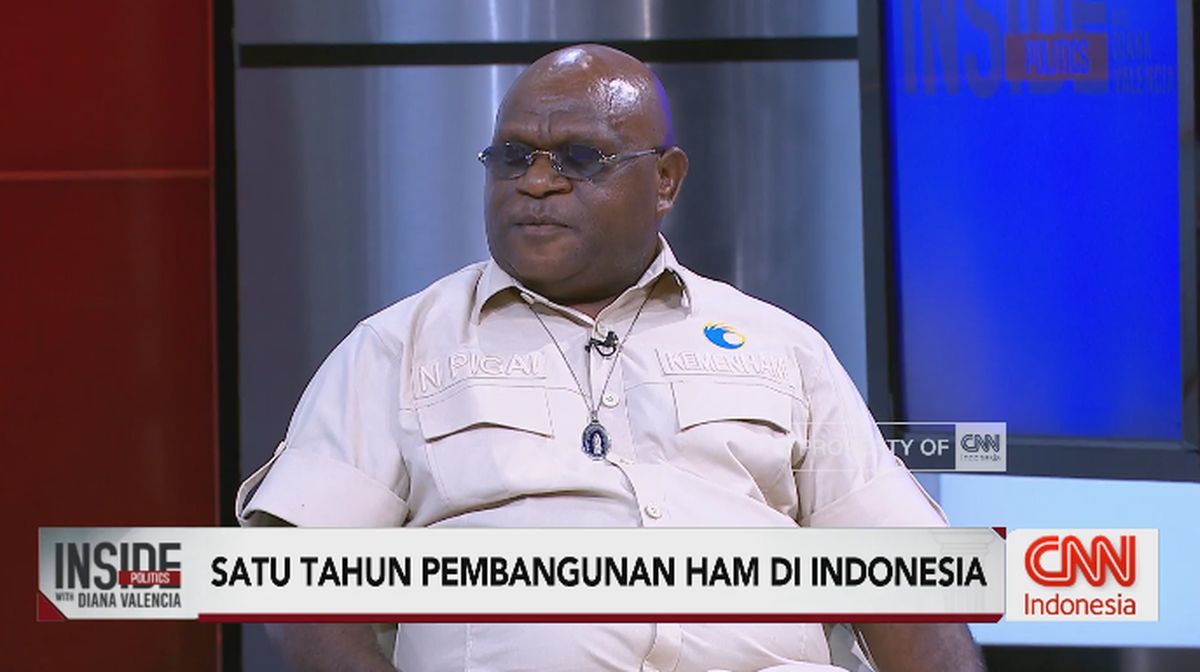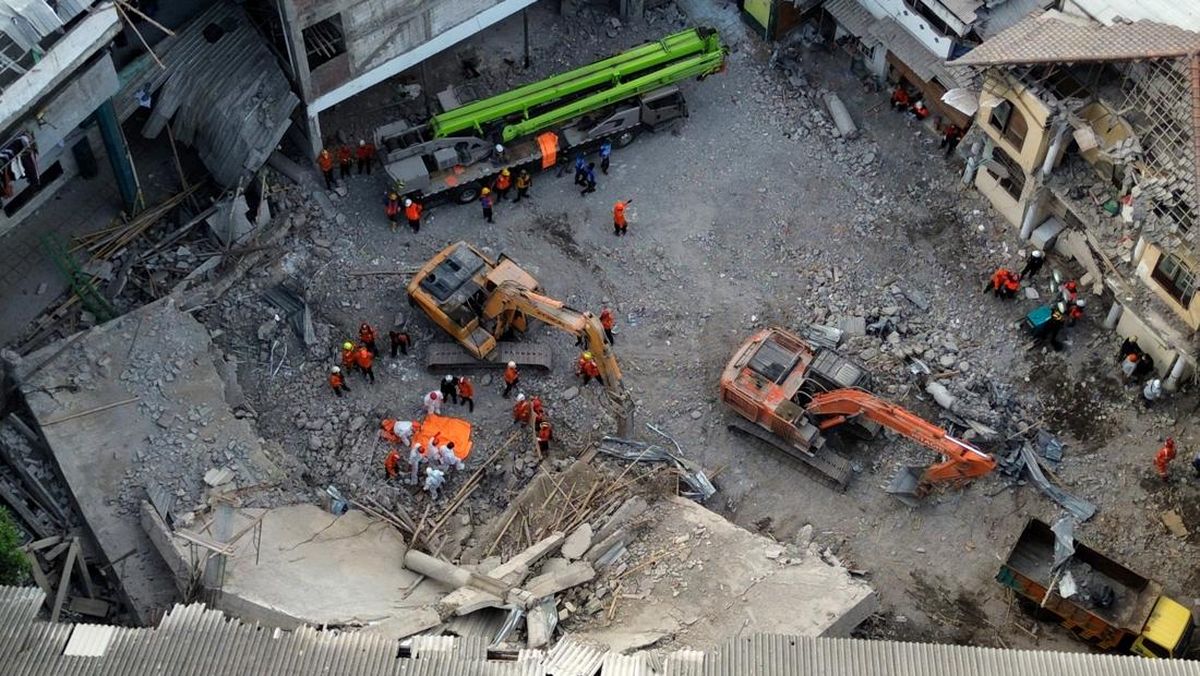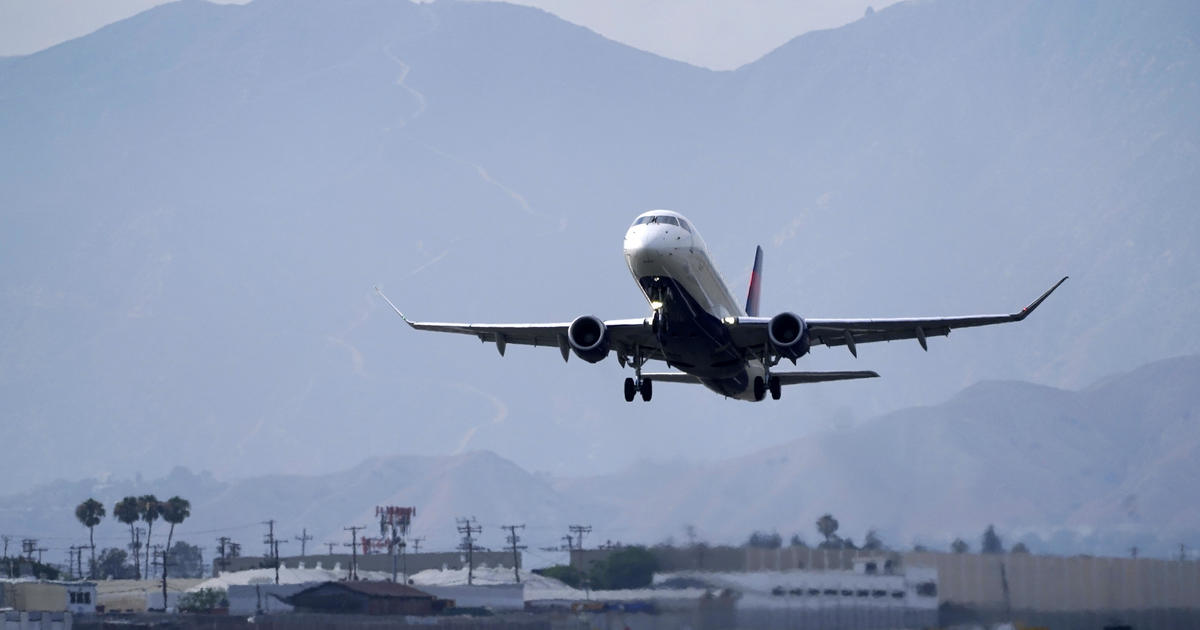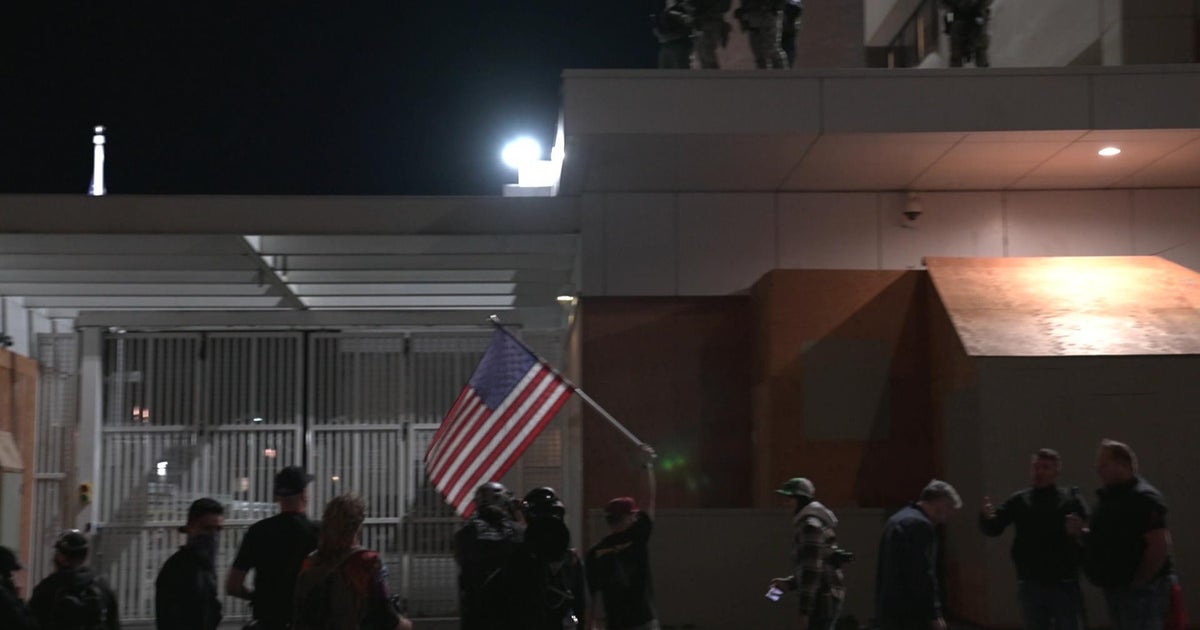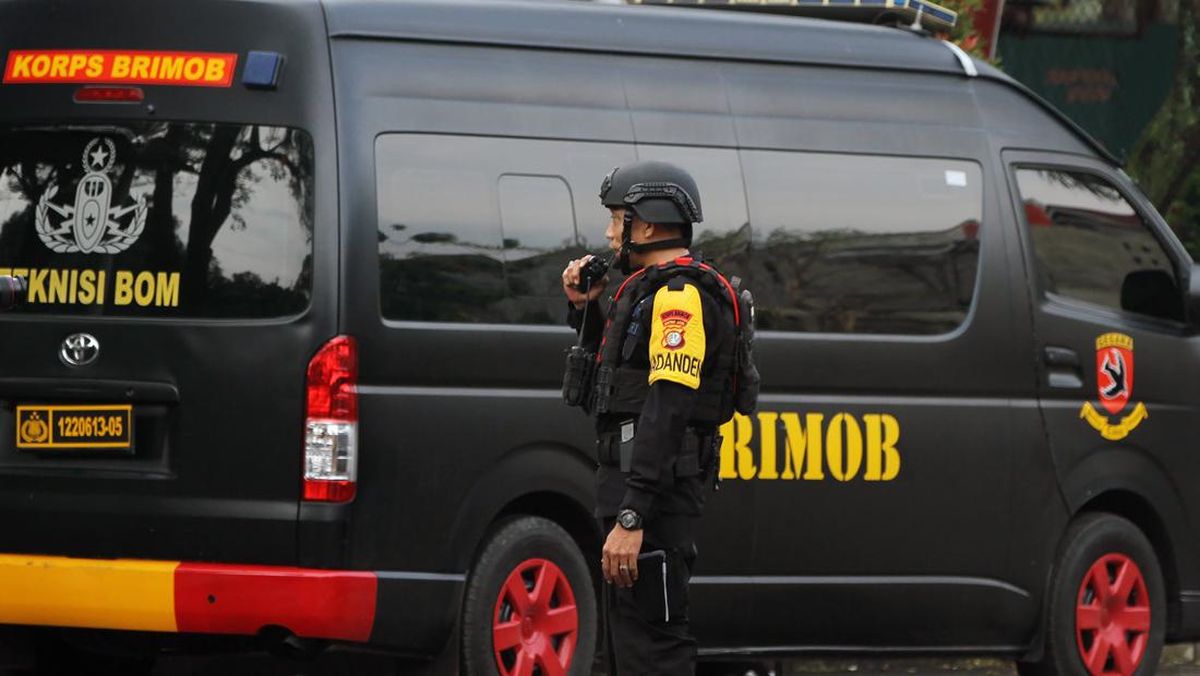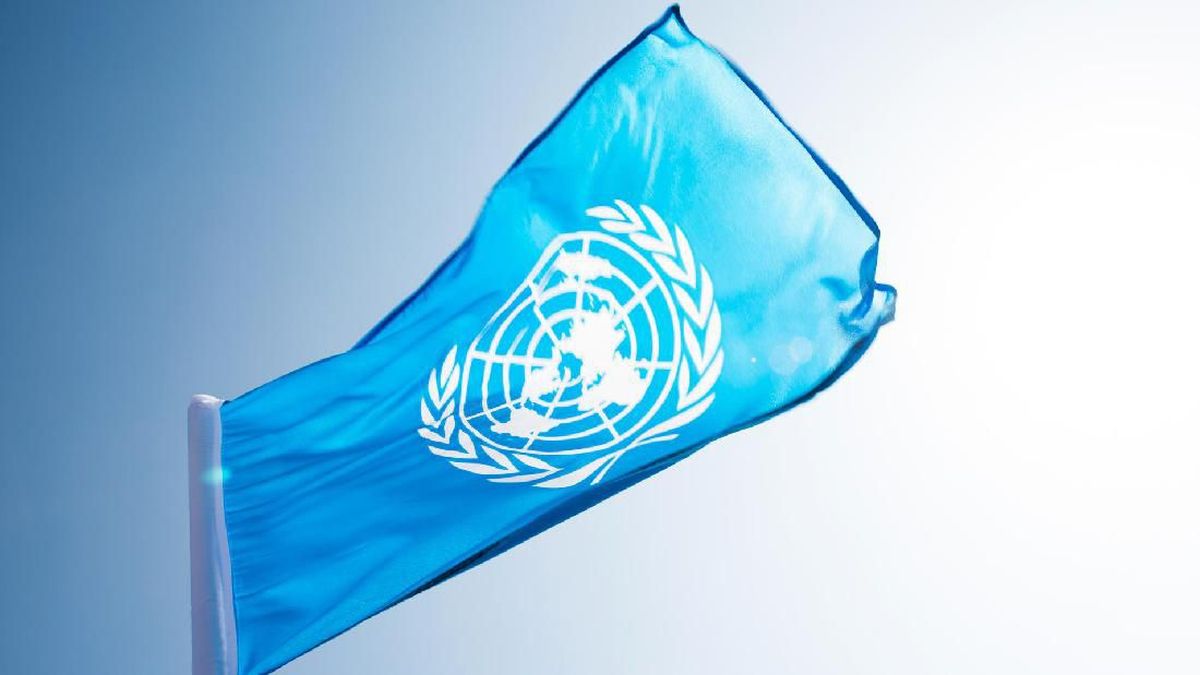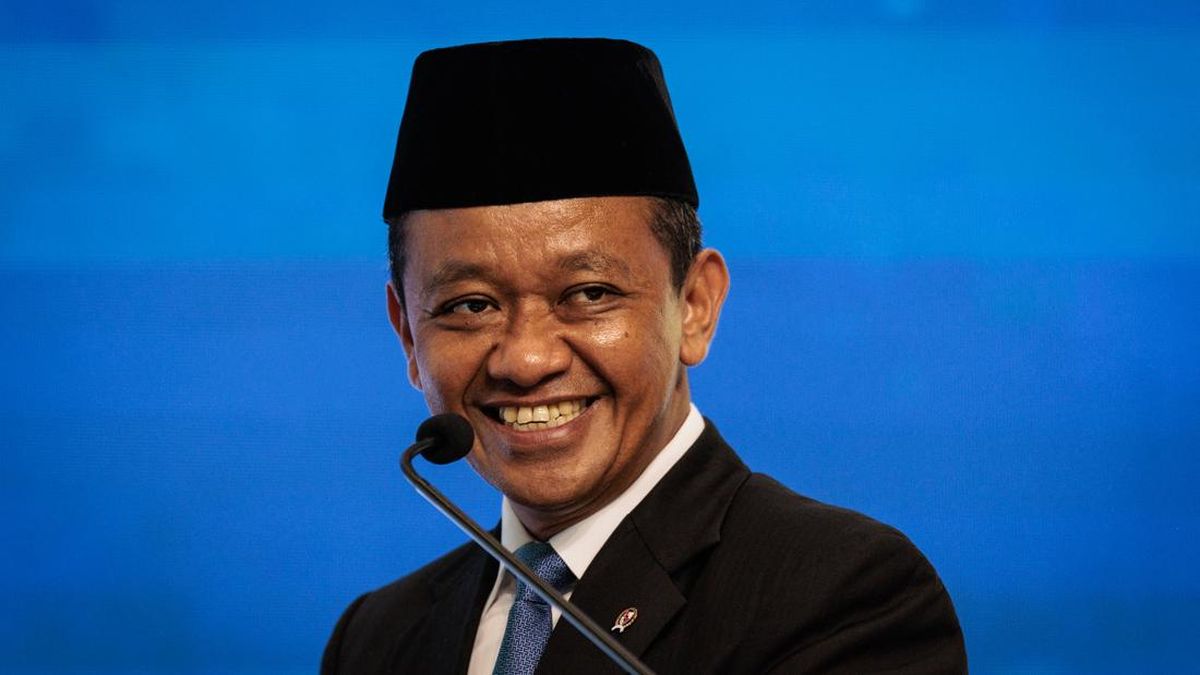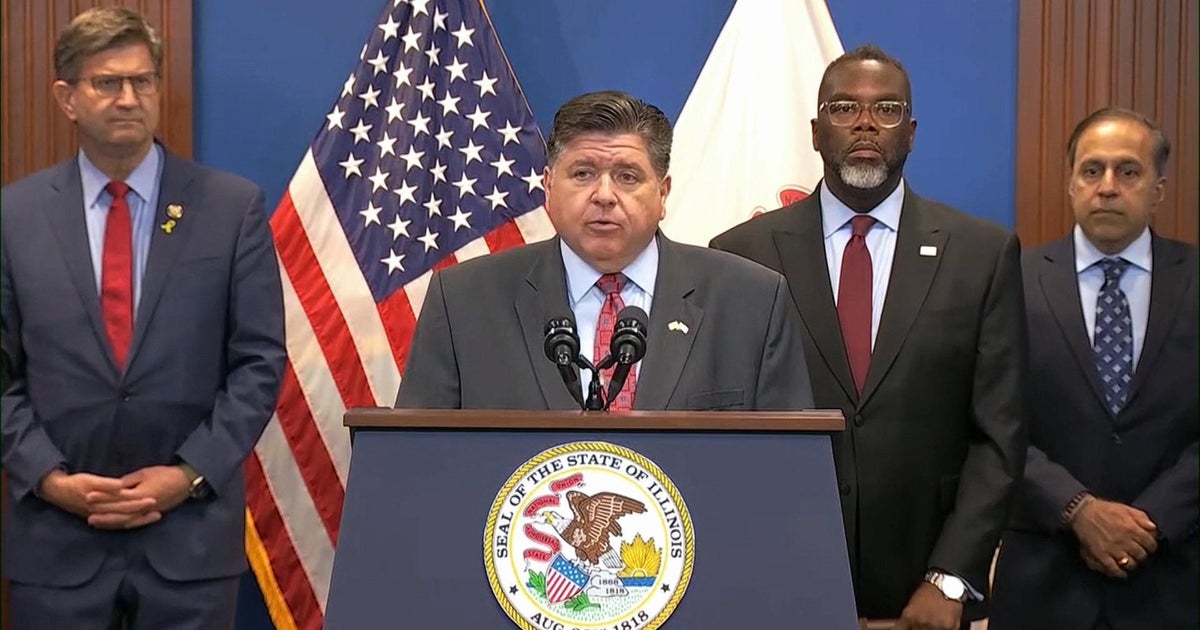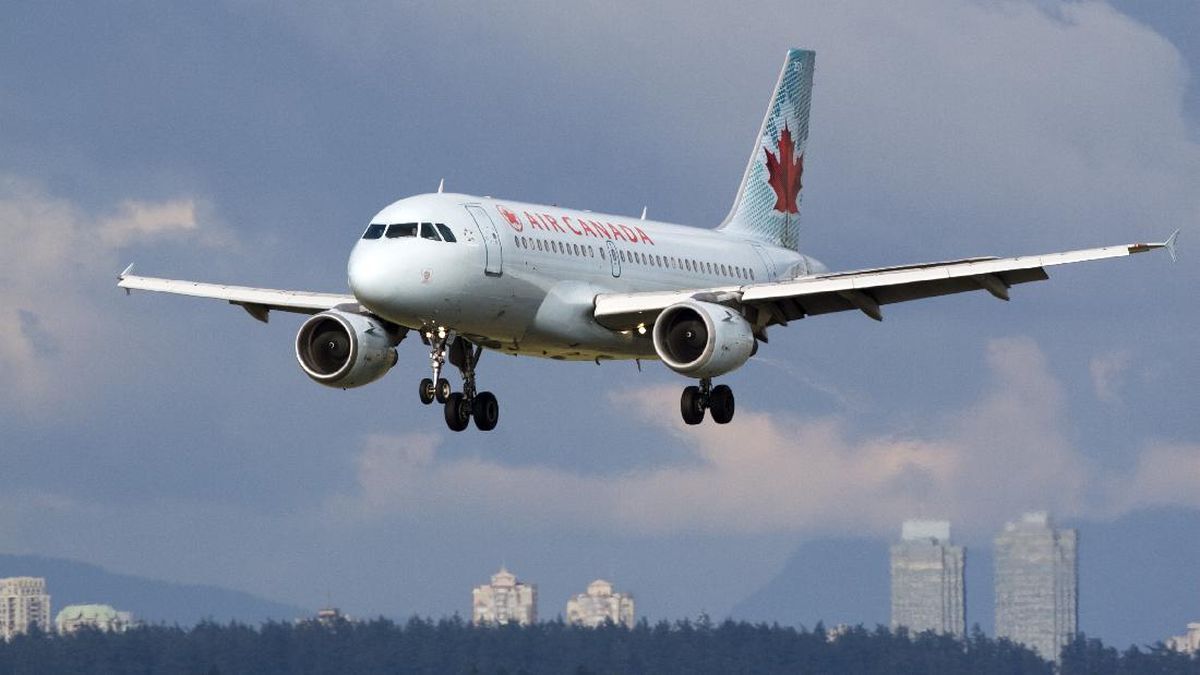However, another industry source expressed surprise that FIRB’s interest would be piqued by an operations and maintenance contract – even a $9 billion one – which does not involve John Holland taking an equity stake in the SRL.
The TransitLinX consortium, which this masthead revealed in May was the preferred bidder, comprises John Holland, French-owned public transport operator RATP Dev, French train and tram builder Alstom, US-headquartered engineering company KBR and Canadian professional services group WSP.

Suburban Rail Loop works at Glen Waverley.Credit: Joe Armao
The contract, the largest so far to be tendered in connection with the SRL, covers the fitting out of twin, 26-kilometre rail tunnels, the supply of power, communications and signalling, the construction of driverless trains and the stabling yard where they will be housed and maintained, and operating the completed rail network.
The FIRB warned in its 2023 advice that “large and connected public transport networks ... are critical to the functioning of Australia’s economy and any malicious disruption of these networks would have a consequential impact on national security”.
“Some public transport providers also hold large data sets relating to their customers; including billing and information and their public transport usage, which also needs to be appropriately protected from espionage and foreign interference.”
Loading
Confirmation of FIRB’s involvement explains why the linewide contract has not been finalised four months after the Victorian government settled on TransitLinX. The FIRB process, which the federal government has attempted to streamline with the establishment of a new online application process, is notoriously slow.
A spokesman for John Holland described the review as routine.
“As a normal part of its business operations, John Holland routinely engages with the Foreign Investment Review Board for projects of a certain nature or that extend beyond a certain duration,” the spokesman said.
“The involvement and review by FIRB is a routine federal government process which applies across the industry to all relevant participants. We are unable to comment on specific FIRB activities. John Holland takes its obligations in relation to FIRB seriously and complies at all times.”
A Victorian government spokesperson said the FIRB previously conducted reviews of three other projects involving John Holland – Melbourne’s North East Link road project, the Sydney metro and an operations and maintenance contract with Yarra Trams.
“It is commonplace on major infrastructure projects for the Foreign Investment Review Board to review contracts,” the spokesperson said.
“All bidders for SRL contracts are required to have all relevant accreditations in place before contract award. Any dealings between the Foreign Investment Review Board and contracting parties are a matter for them.”
If FIRB raises any concerns about John Holland’s involvement in the consortium, the implications go beyond Premier Jacinta Allan’s signature infrastructure project.
John Holland, an Australian-founded company which built Parliament House in Canberra and the West Gate Bridge, is one of few locally-headquartered companies capable of taking on multibillion-dollar contracts associated with major rail and road projects.
It was sold to the Beijing-based CCCC in 2015, but since then has been a major contractor on the West Gate Tunnel and Metro Rail projects due to open at the end of this year. The company last year secured contracts to provide inland rail between Beveridge and Albury and the Sydney Water North West Treatment Hub.
The FIRB advises the Australian government but Treasurer Jim Chalmers had no role in referring the proposed TransitLinX contract for review.
Although China, according to the federal government’s current defence policy, is Australia’s most significant strategic threat, it is rare for FIRB to recommend against Chinese investment on national security grounds.
In 2024, Chalmers after receiving advice from FIRB ordered five international companies linked to China to divest their shares in a rare earths project.
Loading
CCCC, which is listed on the Hong Kong and Shanghai stock exchanges, is one of the largest construction companies in the world with a current market capitalisation of $26.3 billion. It built the high-speed rail network linking Beijing to Shanghai which Allan travelled on earlier this month as part of her trip to promote Victorian education and tourism to the Chinese.
While in Chengdu, Allan visited a construction site where the same make of tunnel boring machines on order for the SRL are being used to dig a 70-kilometre rail tunnel.
CCCC was banned from construction projects funded by the World Bank between 2011 and 2017 after one of its subsidiary companies was accused of collusion in bidding for road projects in the Philippines.
Allan did not discuss the FIRB’s review of the TransitLinX contract with CCCC representatives during her China trip.

